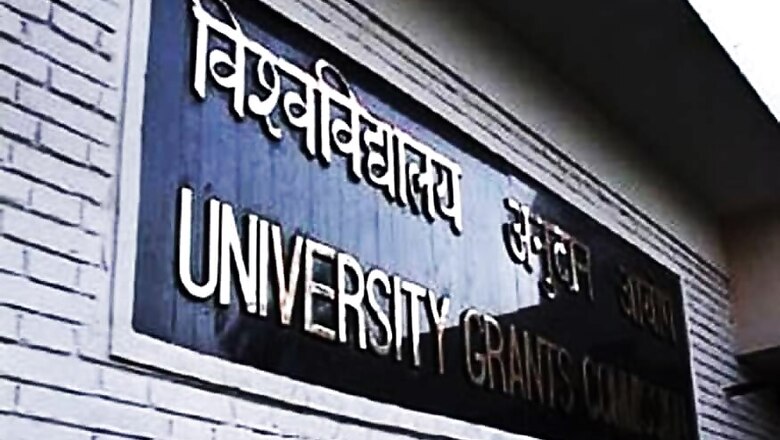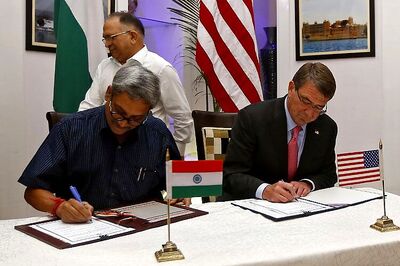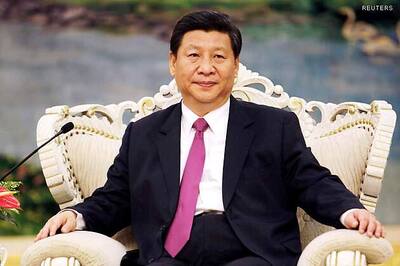
views
New Delhi: Faced with proliferation of substandard academic journals in the country, the University Grants Commission (UGC) on Wednesday announced forming an association of academic institutions which will compile a list of "credible quality journals" and ultimately replace UGC's own list of journals.
In a meeting held on November 14, the commission had deliberated on establishing a body, naming it 'Consortium for Academic and Research Ethics' or 'CARE', which will be composed of government bodies and statutory councils and will be headed by the UGC Vice Chairman. The body will be tasked to prepare a "CARE Reference List of Quality Journals".
"A problem of dubious substandard journals has become a serious concern all over the world. The percentage of research articles published in poor quality journals is reported to be high in India, which has affected its image," the commission said.
It said that research journals in the field of science, engineering, technology, agriculture, and bio medical sciences, which are accepted in the scientific database like SCOPUS and Web of Science, may be considered for the CARE reference list.
The CARE's task will primarily be to scrutinise and then compile a list of journals for social sciences, humanities, language, arts, culture, Indian Knowledge system etc.
One of the jobs of the body will be to create a process of submission of papers to the new journals it will include in its list.
"All such proposals will be critically analysed using validated protocol by a special cell at the entrusted institution and if found appropriate, would be recommended to CARE for possible inclusion in the "CARE Reference List of Quality Journals".
UGC, which, apart from being the principal funding agency for the universities, holds the responsibility of setting up academic standards and ensuring that they are followed, is battling with poor quality journals which publish academic papers with little or no peer review, a scenario that has led to a general erosion of credibility globally about Indian research, especially in the field of humanities.
A paper published early this year had exposed that 88 per cent of journals from UGC's "approved list of journals" were of dubious credibility.
One of the co-authors of the paper, published in Current Science in March this year, was UGC's current Vice Chairman Bhushan Patwardhan, who was appointed as such in September.
The study "disqualified" 34.5 per cent of the 1,009 journals sampled from the list because of "incorrect or non-availability of essential information such as address, website details and names of editors", and another 52.5 per cent for "incorrect ISSN, false claims about impact factor" and claiming "indexing in dubious indexing databases" or having "poor credentials of editors".




















Comments
0 comment